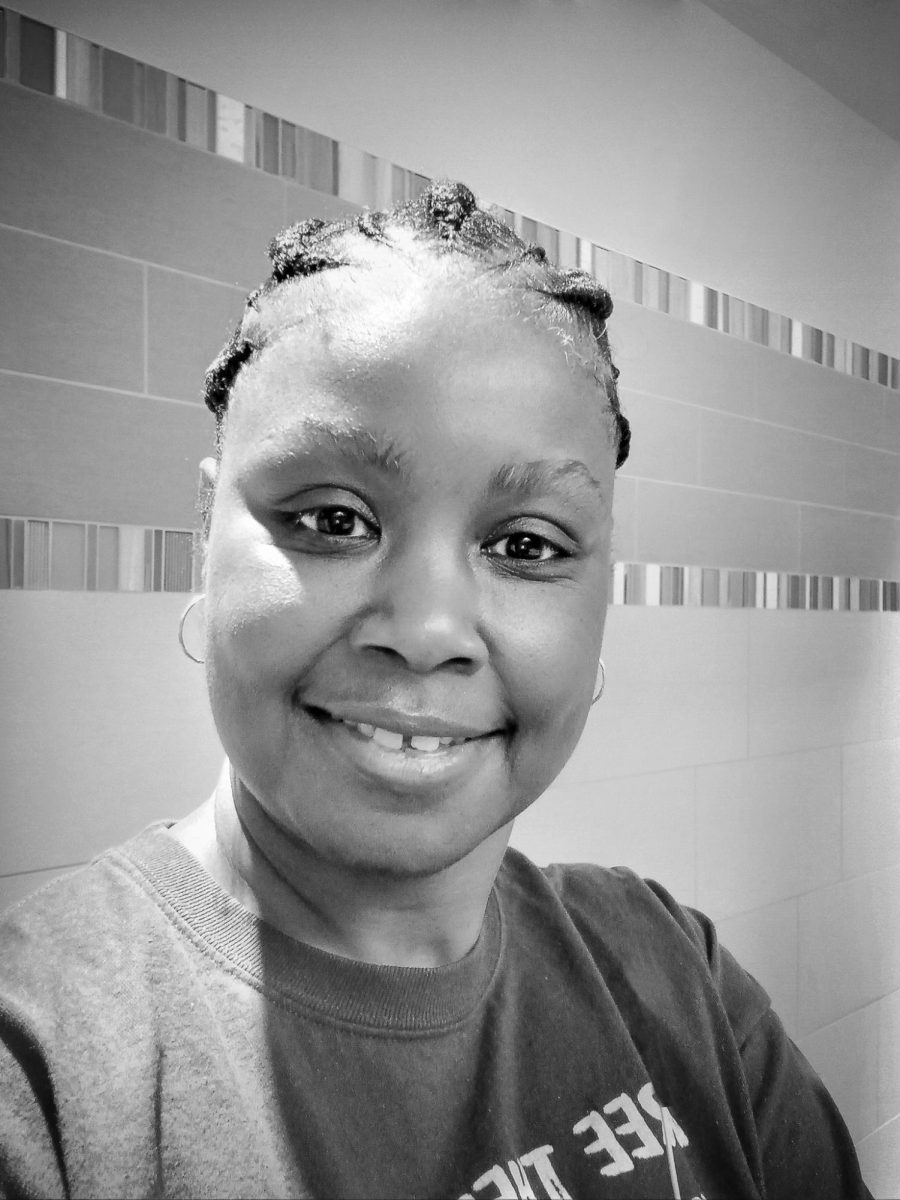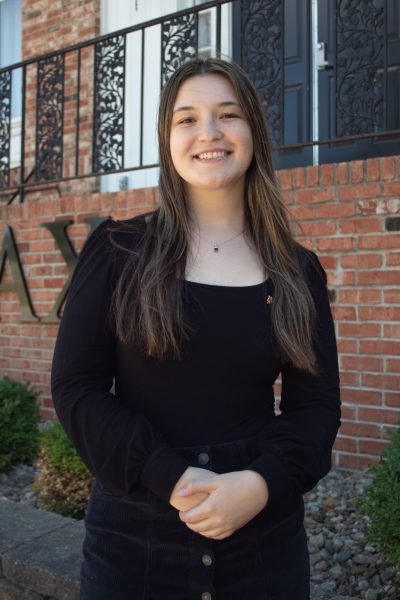Sandra Brown is living proof that you can do anything you put your mind to.
Brown is the first woman to earn her master’s degree and get accepted into a doctoral program while incarcerated. In addition to all those achievements, she has recently published a poetry book about her life and is debuting a program called Women Incarcerated Seeking Education (WISE).
“[WISE] is something I designed while I was incarcerated,” Brown said. “The goal is to connect women like myself who have been locked out of programming because of long sentences, to correspondence programs to help them earn a degree.”
Brown experienced countless hardships when trying to enroll in college while in prison.
“I couldn’t get [into] programs; I stayed on a waitlist for six years for a computer tech and business management class, even though for the business management class, I was a teaching assistant,” she said.
About five or six years into her sentence, funds were cut, and the prisoners no longer had access to higher education. As well as funds being cut, prisoners were no longer receiving financial aid. This left Brown to her own devices, and she decided to start reaching out to colleges on her own.
“I decided to try my hand at correspondence courses,” she said. “One woman I was housed with said, ‘Who said the doors have to close because they’re not letting you in here? Courses are offered through the mail; why don’t you try that?’”
Brown spent five years sending letters to colleges explaining her circumstances, and she only heard back a couple of times. Some colleges responded and asked if she had access to technology, but she didn’t have any access to technology in the prison. However, she never stopped searching for colleges that would accept her and accommodate her circumstances.
“Five years in is when I found Ohio University,” she said.
Ohio University was able to give her an education, but she would have to pay for it on her own. She would take jobs as they came to her, but the pay was only $150 a month.
“It took me almost a year to save for the typewriter I had to do a lot of my work on,” Brown said. “It took me seven years to earn that four-year degree because of the financial gap, the digital gap, [the] lack of access to technology, and the inability to research the way students need to research.”
Nevertheless, Brown persevered and eventually received her bachelor’s degree, her master’s degree, and got accepted into a doctoral program. She decided to create the WISE program to help incarcerated women who are going through similar situations.
Brown was a guest for Millikin University’s “English Speaker Series,” and she came to speak to students and professors about her experience and her poetry memoir. After years of having the “English Speaker Series” virtually, she is the first in-person guest speaker the program has had in years.
“Dr. Carmella Braniger really arranged this event and took the lead on it because she has connections with Sandra. She worked with Sandra on a critical storytelling volume,” Dr. Julie Bates, head of the English Department, said.
Before the event, Dr. Bates reflected on what she hoped it would entail.
“I assume, as is common with poets, that she’ll read some of her own work,” Dr. Bates said. “I don’t know if she’ll talk about her craft and her writing process. I’m not really sure what to expect.”
Dr. Bates was correct about some aspects of the event; however, she did not account for the emotions Brown’s event would invoke.
One of the students who attended her event, junior Tabitha Barowsky, reflected on how hearing about her hardships allowed her to put her life and issues into perspective.
“You forget how small the world is until you hear other people’s stories,” Barowsky said. “Reflecting on my own life, I’m like, my problems are so small and insignificant, and when you put stuff into the grand scheme of things, it just puts things into perspective.”
Brown had to fight hard to get a bachelor’s degree, and higher education is something students often take for granted.
Barowsky commends Brown for creating the WISE program and attempting to help people who are in similar situations to those she was in just years ago.
“I think it’s really amazing that [Brown is] able to take such a horrible aspect of her life and a terrible time she has been through and turn it into something that can help other people,” Barowsky said.
At the end of the event, Brown gave the students at Millikin some advice.
“Think about who you want to be and why it matters,” she said. “If we don’t think about who we want to be and why it matters, there’s a whole world out there waiting to shape and dictate who that person is supposed to be.”
Brown is a woman who knows who she wants to be and why it matters, and she was able to achieve something many people think is impossible: receiving a bachelor’s and master’s degree while incarcerated. So, take her advice and think about who you want to be, and then determine why it matters; you might surprise yourself with what you can do.


